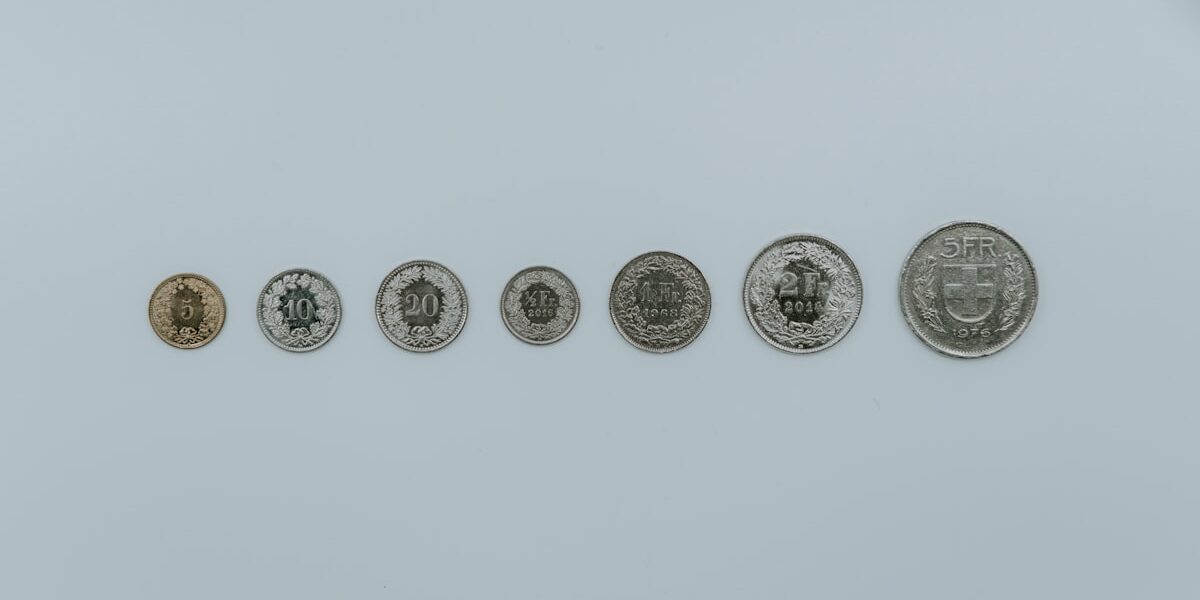Coin News
Coin News
The world of coins is a fascinating blend of history, design, and investment. Whether you are a collector or an amateur investor, understanding the nuances of coin news can be hugely beneficial. Let’s delve into some important aspects that shape the coin news landscape.

The Historical Perspective
Coins have been a part of human history for thousands of years. From ancient civilizations like the Romans and Greeks to the modern era, coins have served not just as currency but also as a record of cultural and political shifts. Collecting historical coins can be a window into these changes.
Materials and Manufacturing
Different materials are used to mint coins, each influencing the coin’s value and durability. Common materials include copper, silver, gold, and modern alloys. The manufacturing process also plays a role in the final product. Techniques like die casting or machine striking are critical to the coin’s finish and detail.
Design Trends
Design is integral to the appeal of a coin. Trends can shift over decades, with differing focuses on aesthetics, symbolism, and functionality. Commemorative coins often follow significant events or anniversaries, boasting intricate designs.
Investment Value
Coins are not just collectibles; they are also investment vehicles. Markets for different types of coins can fluctuate based on metal prices, rarity, and historical significance. Someone investing in bullion coins watches the commodity market, while collectors follow trends in numismatic coins.
Challenges in Authentication
With the increasing value of certain coins, counterfeit problems are also on the rise. Authentication processes are becoming more sophisticated, involving a mix of expert analysis and advanced technology. Counterfeit detection is a vital skill for both collectors and investors.
Technological Innovations
Blockchain technology is making waves in the coin market, particularly with the rise of digital currencies. However, the physical coin market is also seeing advancements. Techniques in minting and authentication are evolving, making it harder to produce counterfeits and easier to verify authenticity.
Legislation and Regulations
Different countries have varying laws when it comes to the minting, owning, and trading of coins. Regulatory bodies govern aspects such as the purity of bullion coins and the protocols for commemorative issues. Staying updated with these regulations is crucial for serious investors and collectors.
Notable Auctions
Auctions are a significant part of the coin world. Major auction houses often feature rare and valuable coins, attracting bidders from around the globe. The results of these auctions can set trends and benchmarks for coin values.
Grading Systems
Grading systems like the Sheldon Scale help in objectively evaluating a coin’s condition. Grades range from Poor to Mint State, with each level affecting the coin’s market value. Third-party grading services offer authenticated grades, adding a layer of trust for buyers.
Influence of Economics
Global economic conditions can significantly impact the coin market. Inflation, currency fluctuations, and geopolitical events can affect the demand for both collector and bullion coins. Investors must consider these factors when making purchasing decisions.
Popular Collectible Coins
- American Eagle Bullion Coins
- Canadian Maple Leaf Coins
- Krugerrands
- British Sovereigns
These coins have a broad appeal due to their historical significance, metal content, and beautiful designs.
Commemorative Coins
Special issues like Olympic coins or currency minted for royal events are popular among collectors. These often have limited mintage, making them more valuable over time. They serve as both a historical record and an investment.
How to Start Collecting
- Research extensively before making any purchase.
- Start with widely recognized coins to build a foundational collection.
- Consider joining a coin club or a collector’s society.
- Always buy from reputable dealers to avoid counterfeits.
The Role of Museums
Museums and exhibitions often display rare and historically significant coins. These institutions play a vital role in educating the public and preserving history. They allow for tangible interaction with coins that one might never encounter otherwise.
Future Trends
Looking forward, the market for coins continues to evolve. Digital currencies are gaining traction, but the historical and aesthetic value of physical coins remains strong. Innovations in both collecting and investment are constantly emerging.
Recommended Collecting Supplies
Coin Collection Book Holder Album – $9.99
312 pockets for coins of all sizes.
20x Magnifier Jewelry Loupe – $13.99
Essential tool for examining coins and stamps.
As an Amazon Associate, we earn from qualifying purchases.



